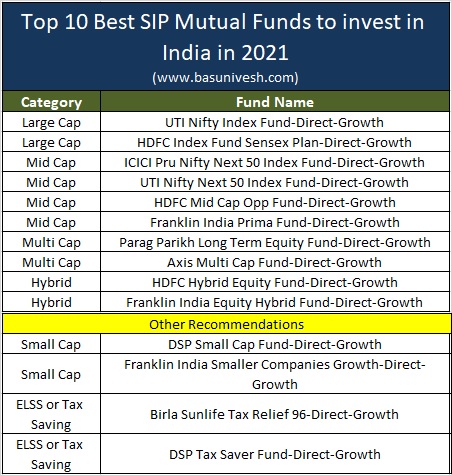
What Are Best Mutual Funds to Invest In?
Mutual funds are investment vehicles that pool investor money and invest it in various securities such as stocks, bonds and money market instruments.
The ideal mutual funds are tailored towards specific investment objectives. For instance, those nearing retirement should look for risk-averse options, while younger individuals may value more growth potential.
Equity Funds
Equity funds invest in stocks, or equity securities, making them ideal for novice investors with little or no investing experience. Their diversified portfolios give investors access to companies from a variety of industries and regions at relatively low investment amounts.
When selecting the ideal mutual funds for your needs, start by identifying your investment objectives and time horizon. This will help determine how aggressive or conservative you want to be with your investments.
Once you’ve narrowed down your choices within a category, use a fund screener to compare them and find the one best suited to your financial situation. Be sure to consider both costs and long-term performance of each fund.
Investors have two options for investing: index funds that passively track an index like the S&P 500 or actively managed funds which attempt to outperform a market benchmark. Actively managed funds tend to be costlier than index alternatives but offer the potential for higher returns. When selecting either option, make sure the fund you select has a long history of consistently performing well.
Bond Funds
Bond funds are an ideal way to diversify your portfolio and protect against stock market volatility.
Selecting the ideal fund requires you to assess your financial goals and behavioral preferences. Factors like how much money is available for investing, your investment objective, and current interest rate environment should all be taken into account when making this decision.
Bond funds typically own a pool of individual bonds, each with its own maturity date. This reduces the potential impact from any one issuer’s failure to pay interest or principal and lowers the likelihood that you’ll experience value loss.
Bond funds can be found in a range of investment accounts, such as retirement plans and IRAs. Although these investments are taxed, they provide an opportunity to keep up with inflation.
Money Market Funds
Money market funds are among the best mutual funds to invest in as they provide a low-risk place to store your cash. They’re also ideal for short-term goals like saving for an automobile or home loan.
However, they are not suitable for long-term savings or retirement planning. Generally, they offer lower annual returns than other funds and may charge fees that reduce your returns.
Money market funds can be classified according to the securities they invest in, such as prime, Treasury or tax-exempt funds.
The prime money fund invests in floating-rate debt and commercial paper issued by companies, U.S. government agencies, and government-sponsored enterprises.
Money funds have long sought to maintain a net asset value of $1 per share (known as “breaking the buck”), by paying out constant dividends to shareholders.
Money market funds have historically experienced price drops below their target share price during periods of market volatility or changes in interest rates; however, they always rebound quickly after these events.
Short-Term Funds
Investment in mutual funds that meet your investment goals and time horizon are the ideal choices. These funds should provide more earnings than what can be earned through bank or savings accounts, while also helping you avoid paying taxes on profits earned.
These funds offer low-risk, average-yield returns by investing in short duration debt securities like Treasury bills, certificates of deposit and commercial paper. Not only do these offer great returns but they’re an excellent way to diversify your portfolio.
You have a wide range of short-term debt mutual fund schemes to choose from, depending on your requirements. You have the option to select either growth or dividend strategies.
